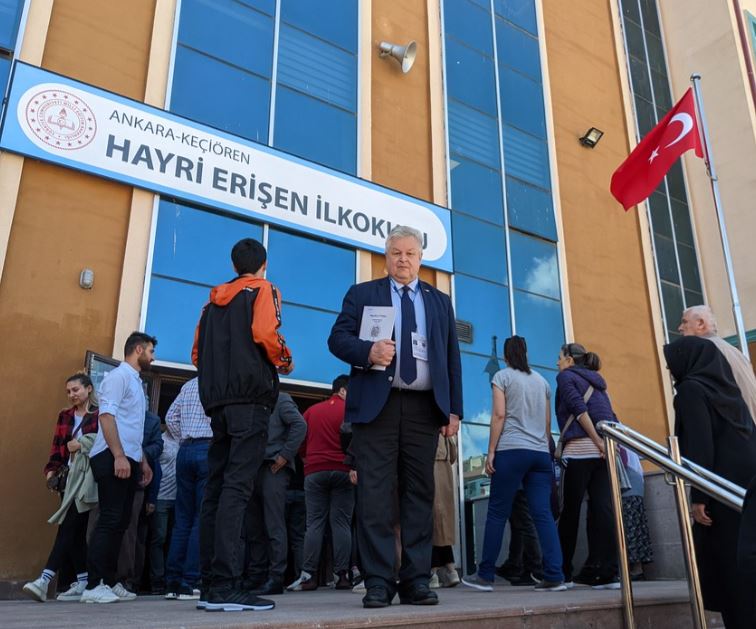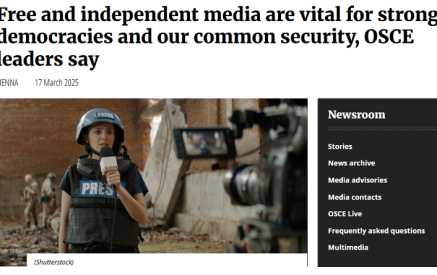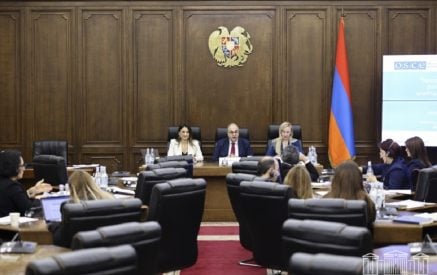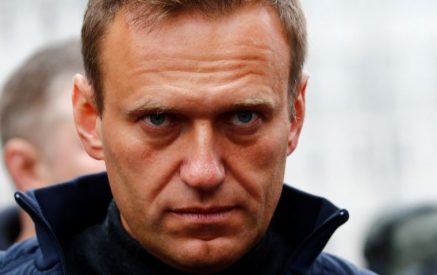Türkiye elections marked by unlevel playing field yet still competitive, international observers say
Characterized by a high turnout, Türkiye’s general elections were well-managed and offered voters a choice between genuine political alternatives, but the current president and the ruling parties enjoyed an unjustified advantage. Continued restrictions on fundamental freedoms of assembly, association and expression hindered the participation of some opposition politicians and parties, as well as civil society and independent media, international observers said in a statement today.
The joint observation mission from the OSCE Office for Democratic Institutions and Human Rights (ODIHR), the OSCE Parliamentary Assembly (OSCE PA), and the Parliamentary Assembly of the Council of Europe (PACE) found that the legal framework does not fully provide a basis for holding democratic elections.
“These were competitive but still limited elections, as the criminalization of some political forces, including the detention of several opposition politicians, prevented full political pluralism and impeded individuals’ rights to run in the elections,” said Michael Georg Link, Special Co-ordinator and leader of the short-term OSCE observer mission. “Political interference in the electoral process is not in line with Türkiye’s international commitments.”
Read also
Almost 61 million voters were registered to vote in the country as well as 3.5 million abroad, in an election that took place against the background of this year’s devastating earthquakes. Some limited steps were taken by the authorities to enable those affected by the earthquakes to participate in the elections, but despite these and additional efforts by civil society and political parties, a high number of these voters faced difficulties in voting.
“Turkish democracy is proving to be amazingly resilient. This election had a high turnout and offered a real choice. However, Türkiye does not fulfil the basic principles for holding a democratic election,” said Frank Schwabe, head of the PACE delegation. “Key political and social figures are in prison even after judgments of the European Court of Human Rights, media freedom is severely restricted and there is a climate of self-censorship. Türkiye is a long way from creating fair election campaign conditions.”
The election administration organized the elections efficiently and generally enjoyed trust, although there was lack of transparency and communication in their work, as well as concerns over its independence. Voting day was mostly peaceful and smooth, despite a number of incidents in and around polling stations. While the process was generally well-organized, important safeguards, particularly during the counting, were not always implemented. Family and group voting were frequent, while the layout of half the polling stations observed made them inaccessible for people with disabilities.
The campaign was largely peaceful and competitive, but highly polarized and often negative and inflammatory in tone. A number of prosecutions as well as pressure on opposition politicians and parties, including ongoing proceedings to dissolve the second-largest opposition party, hampered their participation in the elections. While the constitution guarantees the equality of women and men, women remain underrepresented in leadership positions and generally in politics, and greater efforts are needed from the authorities and political parties in this area.
“Despite the promising opportunity for choice presented in these elections, there were significant challenges for citizens exercise the right to vote, and unfortunately, women were underrepresented as candidates,” said Farah Karimi, head of the OSCE PA delegation. “Hundreds of thousands of individuals, people affected by the earthquakes and particularly students, had to make significant additional efforts to exercise their right to vote.”
The misuse of public resources in some cases as well as announcements of significant social benefit programmes provided undue advantage to those in power, and blurred the line between party and state. There were numerous cases of officials campaigning during the inaugurations of large-scale infrastructure projects, while the current president often campaigned while performing his official duties.
The freedom of expression and the media, although protected by the constitution, are limited by a number of laws. The recent criminalization of disseminating false information, the fact that websites are frequently blocked and online content removed, and the ongoing arrests and prosecutions of journalists further weakened freedom of expression. During the campaign, the ruling parties and their candidates were clearly favoured by the majority of national TV stations, including the public broadcaster, despite its constitutional obligation to remain impartial.
“Voters had a genuine choice to make on election day, and the high turnout was a good illustration of the democratic spirit of the people of Türkiye,” said Ambassador Jan Petersen, who heads the ODIHR election observation mission. “However, I regret to note that the election administration’s work was lacking in transparency, as well as the overwhelming bias of the public media and the limitations to freedom of speech.”
The international election observation to the general elections in Türkiye totalled 401 observers from 40 countries, made up of 264 ODIHR-deployed experts, long-term, and short-term observers, 98 from the OSCE PA, and 39 from PACE.
For the full post-election statement, please click here.

























































